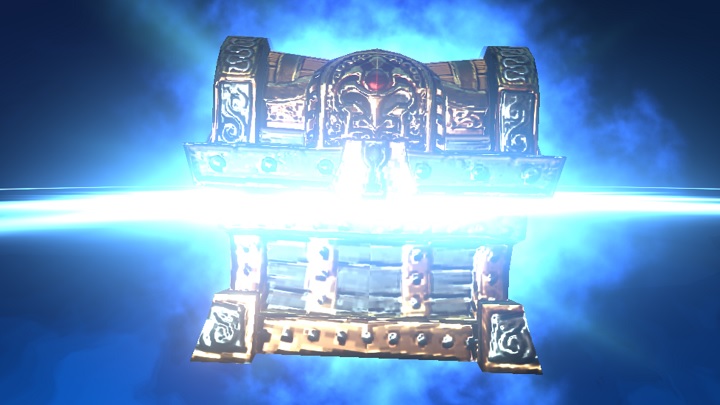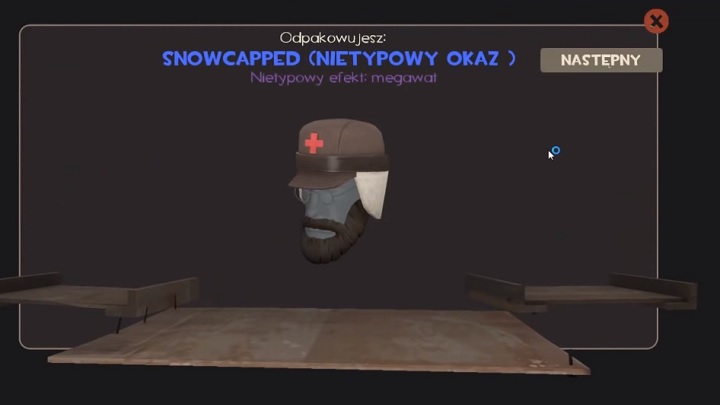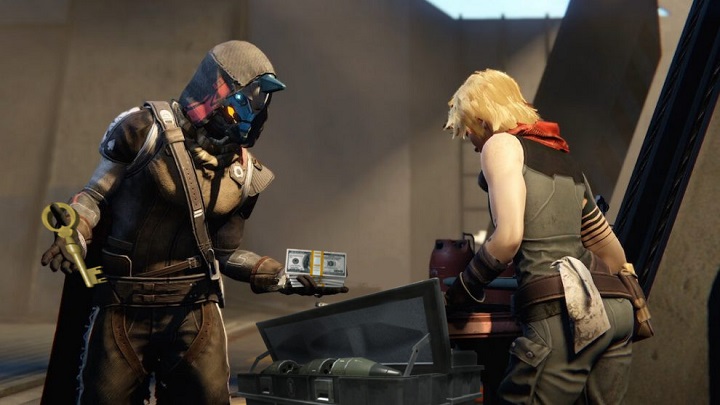Sony, Microsoft and Nintendo Develop New Policy on Lootboxes
Entertainment Software Association has revealed that Nintendo, Sony and Microsoft intend to change their policy on lootboxes. From next year, companies will impose the obligation to provide information about the chances of obtaining specific items from lootboxes in games published on their consoles.
1

Interesting reports came from Entertainment Software Association. President Michael Warnecke revealed on the morning panel of Federal Trade Commission that Sony, Microsoft and Nintendo had voluntarily undertaken to change their policy on lootboxes. The new rules oblige publishers to publish information about the chance of obtaining random items from the boxes available in games released on the companies' platforms. This would mainly concern new productions, but also updates introducing lootboxes to older titles:
The major console makers – Sony Interactive Entertainment, operator of the PlayStation platform, Microsoft, operator of Xbox and Windows, and Nintendo, operator of the Nintendo Switch gaming platform – are committing to new platform policies that will require paid loot boxes in games developed for their platforms to disclose information on the relative rarity or probability of obtaining randomized virtual items.

Similar declarations were to be made by leading game publishers, although Warnecke did not attempt to provide specific names. However, it does not matter much, because the involvement of the console trinity alone would de facto force other creators to introduce similar solutions. At least if they want to release their games on PlayStation, Xbox and Nintendo devices, and it's no secret that many larger productions are best sold on consoles. Enough to mention last year's debut of the latest installment of the FIFA series - as many as 90% of the boxed copies purchased in the UK in the first week after the release were console editions.

The trend to introduce lootboxes in video games has never been more popular, but recently the infamous boxes have become famous even outside the gaming industry. The community has Star Wars: Battlefront IIto thank for that, but the scandal over EA's game was only the beginning of the storm, which resulted in the interest of many politicians. This did not prevent publishers from implementing lootbox mechanics in subsequent productions, which was not surprising in the context of the huge profits from microtransactions. So there is no chance - as some people would like - of eliminating lootboxes completely. We should therefore be glad that more and more companies want to show at least how (ir)relevant will be the chance to get better loot from the boxes. Earlier similar solutions were implemented by Apple and Google). Nintendo, Sony and Microsoft plan to introduce the new rules in 2020.

1

Author: Jacob Blazewicz
Graduated with a master's degree in Polish Studies from the University of Warsaw with a thesis dedicated to this very subject. Started his adventure with gamepressure.com in 2015, writing in the Newsroom and later also in the film and technology sections (also contributed to the Encyclopedia). Interested in video games (and not only video games) for years. He began with platform games and, to this day, remains a big fan of them (including Metroidvania). Also shows interest in card games (including paper), fighting games, soulslikes, and basically everything about games as such. Marvels at pixelated characters from games dating back to the time of the Game Boy (if not older).
Latest News
- End of remote work and 60 hours a week. Demo of Naughty Dog's new game was born amid a crunch atmosphere
- She's the new Lara Croft, but she still lives in fear. Trauma after Perfect Dark changed the actress' approach to the industry
- „A lot has become lost in translation.” Swen Vincke suggests that the scandal surrounding Divinity is a big misunderstanding
- Stuck in development limbo for years, ARK 2 is now planned for 2028
- Few people know about it, but it's an RPG mixing Dark Souls and NieR that has received excellent reviews on Steam, and its first DLC will be released soon

